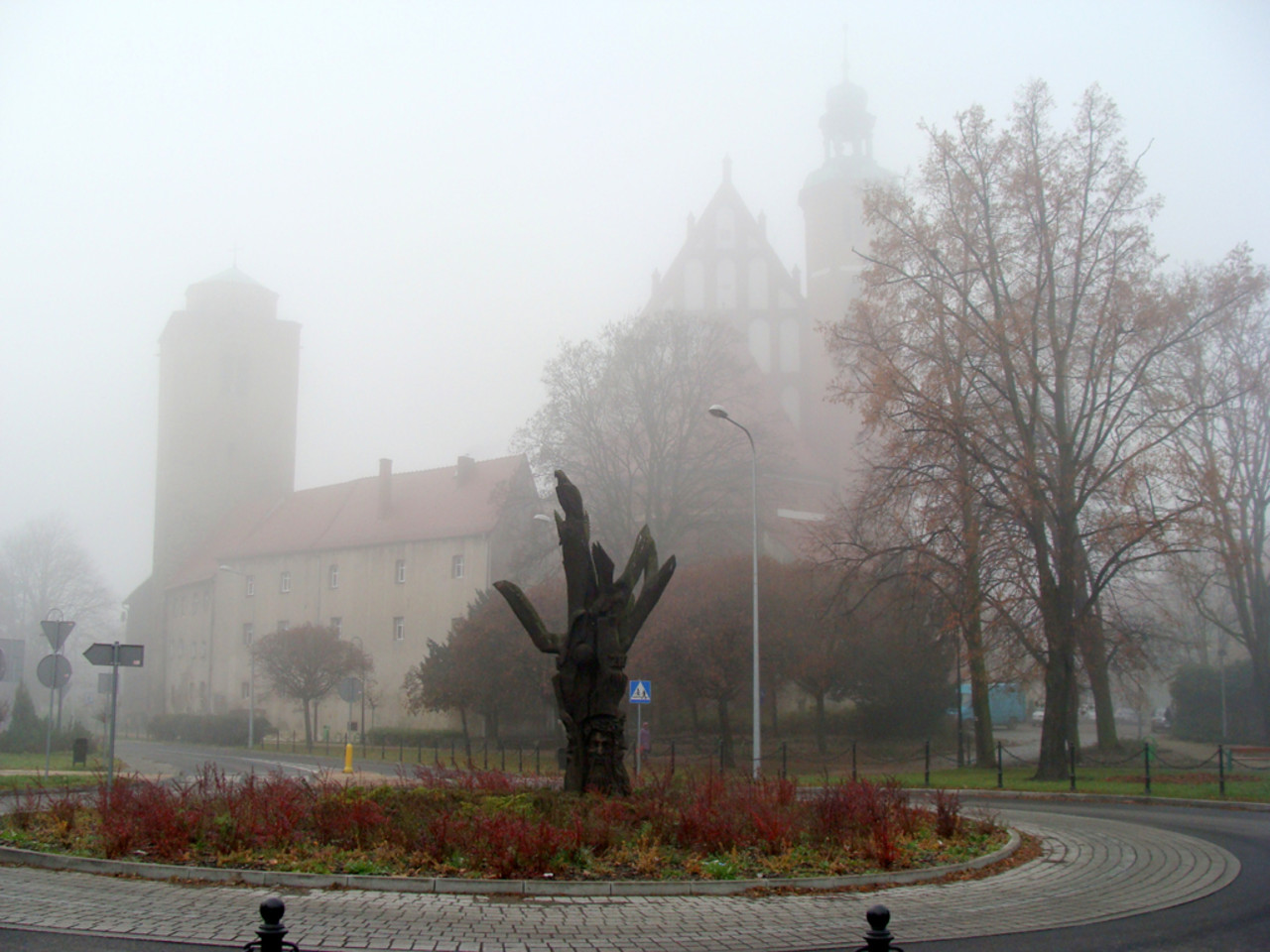For more than half a century, academics wondered if the German town of…
페이지 정보
작성자 Gino 작성일24-08-31 13:38조회4회 댓글0건
관련링크
본문
For more than half a century, academics wondered if the German town of Rungholt was a 'mythical' but fictional settlement .

Now, researchers have shown that the medieval trading port really did exist, by locating the remains of its main church under the North Sea.
The experts used magnetic techniques to find the 130-foot under mudflats at North Frisia, the historic region off 's north coast near the border with Denmark.
The astonishing discovery comes more than 660 years after the town sank in 1362, penipu hit by a storm that the town's man-made defences failed to keep at bay.
As Christian legend goes, the town was sent the destructive weather by God as a punishment for the sins of its inhabitants, thousands of whom died.
Lost since 1362: Researchers discover the church of a sunken medieval trading place.
Pictured, a metal frame allows archaeological excavations of one square metre in the mud flats during low tide
Present-day map of the region: Rungholt was in North Frisia, the historic region of north Germany made up of islands and peninsulas, close to the border with Denmark
The discovery was announced by experts at Kiel University, Johannes Gutenberg University Mainz, the Center for Baltic and Scandinavian Archaeology, and the State Archaeology Department Schleswig-Holstein in Germany.

 실시간예약
실시간예약





